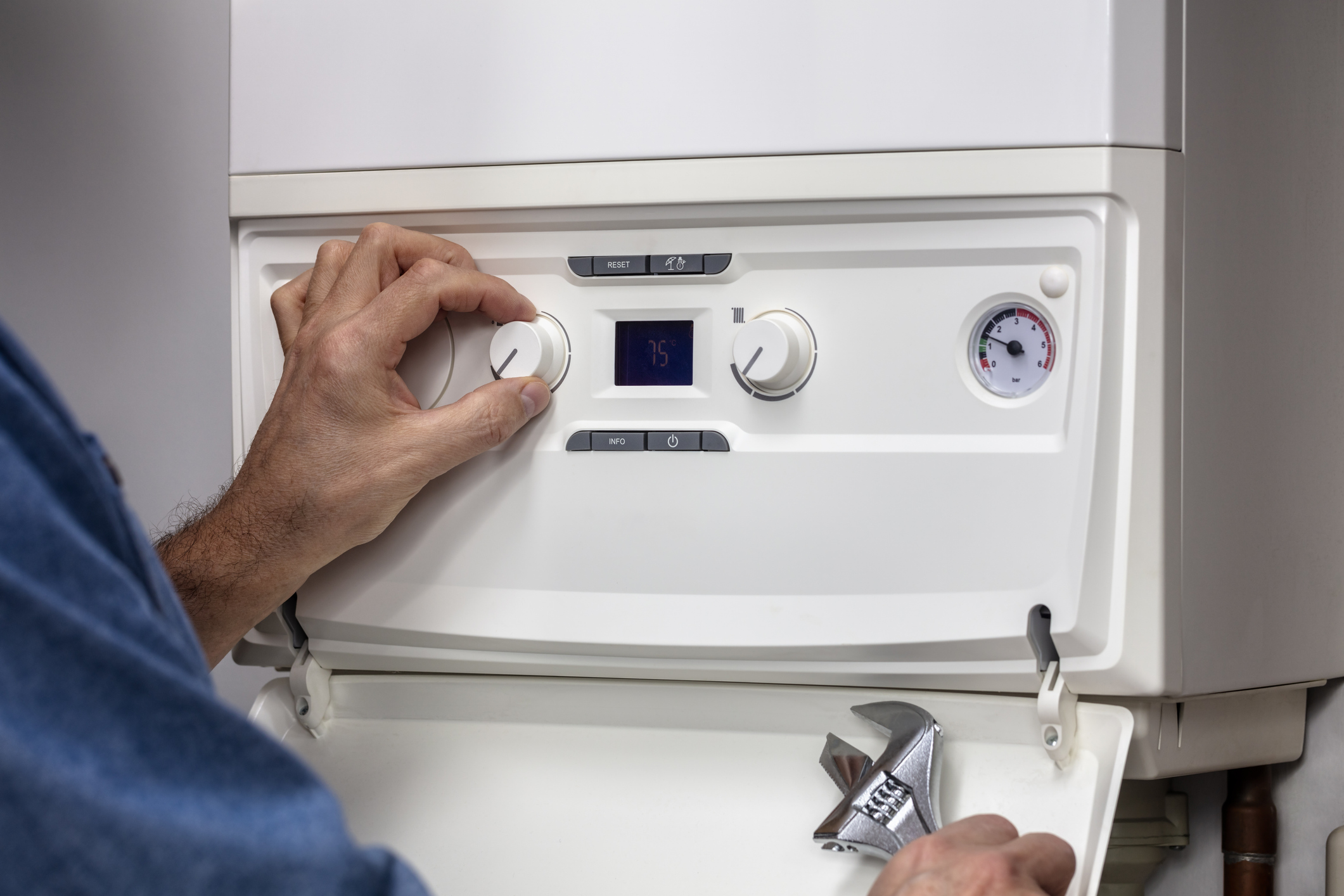Water heaters are essential appliances that ensure comfort and convenience in our daily lives. Whether it’s for a refreshing shower or hot water for household chores, a functioning water heater is indispensable. However, like other appliances we use, water heaters are prone to damage over time, leading to malfunctions and inefficiencies. Understanding the water heater repair processes associated with water heaters is crucial for homeowners to maintain optimal functionality and prolong the lifespan of these devices.
1. Common Water Heater Problems
Water heaters can encounter various issues, including leaks, inadequate heating, strange noises, or rusty water. Identifying these problems promptly is the first step in initiating the repair process effectively.
2. Inspection and Diagnosis
Upon encountering a water heater issue, a thorough inspection is necessary to diagnose the root cause accurately. This involves checking components such as the heating element, thermostat, pressure relief valve, and tank for signs of damage or malfunction.
3. Repair Techniques
Repairing a water heater may involve replacing faulty components, tightening loose connections, or flushing out sediment buildup in the tank. Technicians employ specialized tools and techniques to address specific issues, ensuring that the repair is conducted efficiently and effectively.
4. Safety Precautions
Working with water heaters requires adherence to safety protocols to prevent accidents and injuries. Professionals prioritize safety measures such as turning off power sources, relieving pressure from the tank, and wearing protective gear during repairs.
5. DIY vs. Professional Repair
While minor issues can be fixed through DIY methods, complex problems or those involving gas-powered heaters often require professional intervention. Knowing when to attempt a repair yourself and when to seek professional assistance is essential to avoid exacerbating the issue.
6. Replacement Considerations
In cases where water heater components are severely damaged or outdated, an efficient replacement may be the most viable solution. Factors such as the age of the water heater, cost of repairs, and energy efficiency should be taken into account when deciding whether to repair or replace the unit.
7. Preventive Maintenance
Regular maintenance is key to preventing water heater problems and prolonging its lifespan. This includes flushing the tank, checking for leaks, inspecting electrical connections, and testing the pressure relief valve to ensure everything is in working order.
8. Future-Proofing Strategies
Incorporating energy-efficient upgrades, such as installing insulation blankets or upgrading to a tankless water heater, can not only improve the performance of your water heating system but also reduce energy consumption and lower utility bills in the long run.
Water heater repair processes encompass a range of techniques aimed at addressing common issues and ensuring the efficient operation of these vital appliances. By understanding the intricacies of repair, homeowners can take proactive steps to maintain their water heaters and mitigate potential problems.
If you’re experiencing issues with your water heater or are seeking professional maintenance services, don’t hesitate to contact a qualified technician. Investing in timely repairs and maintenance can save you from costly breakdowns and ensure an uninterrupted hot water supply in your home. Schedule a service from our team at Drain Flo Plumbing at (813) 391-1500 today to keep your water heater functioning optimally.



